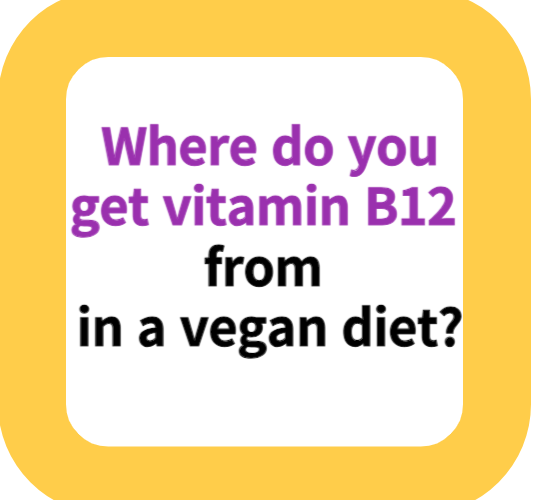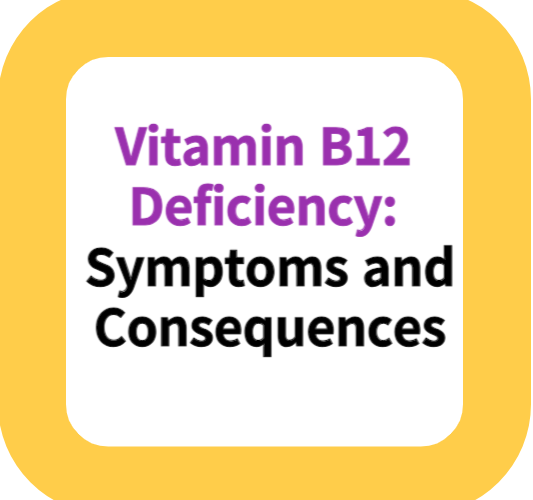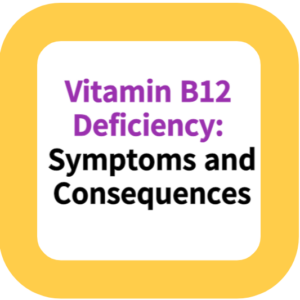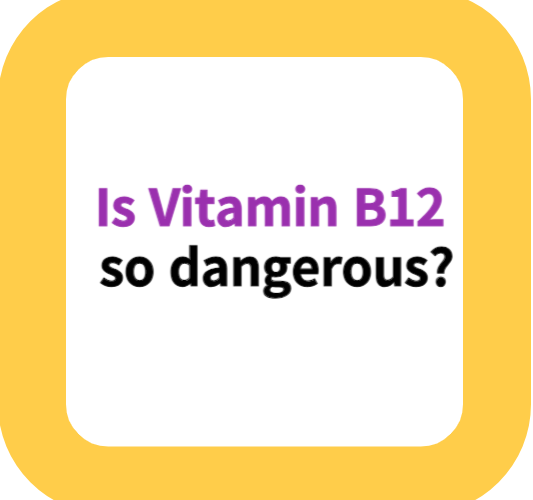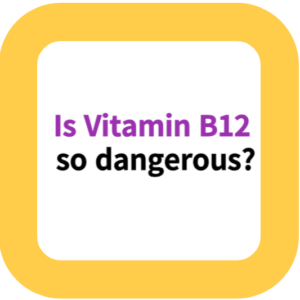Where do you get vitamin B12 from in a vegan diet?
Welcome to our blog, where we delve into the intricacies of nutrition and wellness, particularly in the realm of plant-based diets. Today, we turn our focus to a vital nutrient often spotlighted in vegan and vegetarian lifestyles: Vitamin B12. Our latest post explores the evolution of B12 sources from ancient diets to contemporary times, highlighting the challenges and solutions for maintaining adequate levels in modern plant-based diets.
We examine the transition from natural, soil-based B12 sources to today’s reliance on fortified foods and supplements. Additionally, we provide insights into how vegetarians and vegans can navigate their dietary choices to ensure a balanced intake of this essential nutrient.
Join us as we unravel the complexities of Vitamin B12 in vegan and vegetarian diets, offering practical advice and nutritional wisdom to support your health and dietary goals.
Where do you get vitamin B12 from in a vegan diet?
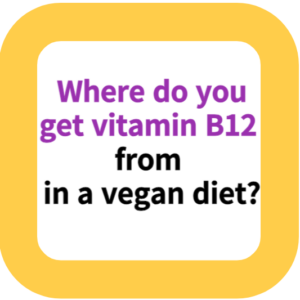
Introduction: Understanding Vitamin B12 in Plant-Based Diets
In the contemporary landscape of nutrition and health, Vitamin B12 emerges as a critical nutrient, especially in the context of vegetarian and vegan diets. Its pivotal role in maintaining nerve function, aiding in the formation of red blood cells, and contributing to DNA synthesis underscores its importance.
Historically acquired through indirect means such as soil-borne bacteria on unwashed produce or natural water sources, the rise in hygiene standards and food processing techniques has led to a decline in these natural sources. This shift presents a unique challenge for those adhering to plant-based diets, emphasizing the need for alternative sources and strategies to ensure adequate B12 intake.
The Evolution of Vitamin B12 Sources
Tracing back to ancient diets, the ingestion of Vitamin B12 was largely an organic process. Unwashed vegetables, with their soil bacteria, were natural carriers of B12. In traditional Hindu diets, which were not strictly vegan, dairy products like milk, ghee, and curds played a significant role in providing B12.
This contradicts the common belief that ancient Hindu diets were purely vegan. On the contrary, Jainism, with its diet closely resembling veganism, also managed to incorporate B12 through naturally sourced, unsterilized food. This historical perspective reveals the diverse ways B12 was naturally integrated into human diets.
Dietary Transition and Its Impact on B12
The shift from primitive dietary habits to modern agricultural practices has significantly altered the B12 landscape. Our ancestors’ diets, rich in plant-based foods with inherent B12 due to soil contamination, contrast sharply with today’s processed and sanitized food supply.
The introduction of agricultural chemicals and soil sterilization techniques has severely depleted the natural B12 content in plant foods. This not only affects vegetarians and vegans but also impacts meat-eaters, as animals in factory farms are frequently on B12-deficient diets, necessitating external supplementation.
Contemporary Plant-Based Sources of Vitamin B12
For modern-day vegetarians and vegans, ensuring adequate B12 intake requires exploring various dietary sources. Plant-based milks, cereals, and vegan products fortified with B12 are practical options. For lacto-ovo vegetarians, dairy products and eggs are excellent B12 sources.
Seaweeds and algae, like nori and spirulina, offer additional but variable B12 content. While these sources provide alternatives, the inconsistency in B12 levels highlights the need for careful dietary planning.
Supplementation: A Key Strategy in Modern Diets
Given the scarcity of natural B12 sources in today’s diet, supplementation has become an essential strategy. This is especially relevant for individuals with specific dietary choices or absorption difficulties. Supplementing with B12 can help avoid deficiencies that lead to health complications such as anemia and neurological disorders.
It is crucial to consult healthcare professionals to determine the most suitable form and dosage of B12 supplements, ensuring a balanced approach to meeting nutritional needs.
Natural B12 Sources: Animal Diets vs. Human Needs
In nature, many animals, including primates, obtain B12 from their environment, consuming foods contaminated with soil and feces. However, in humans and many animals, B12 produced in the gut is often not efficiently absorbed, leading to excretion rather than utilization.
This natural cycle is disrupted in modern agriculture, where livestock are often given B12 injections, reflecting a departure from traditional dietary patterns and raising questions about the naturalness of our current food sources.
Conclusion: Achieving a Balanced Vegan Diet with Adequate B12
In conclusion, adopting a vegan lifestyle brings several health benefits and aligns with ethical choices concerning animal welfare. However, it requires mindful planning to ensure sufficient Vitamin B12 intake. The combination of fortified foods and supplements forms a robust approach to meeting B12 requirements.
Recognizing the shifts in our dietary habits and food production systems is crucial for sustaining a nutritionally complete vegan diet. By integrating a variety of fortified foods, supplements, and occasional natural sources, vegans and vegetarians can maintain a healthy diet, supporting both their ethical beliefs and physical health.
